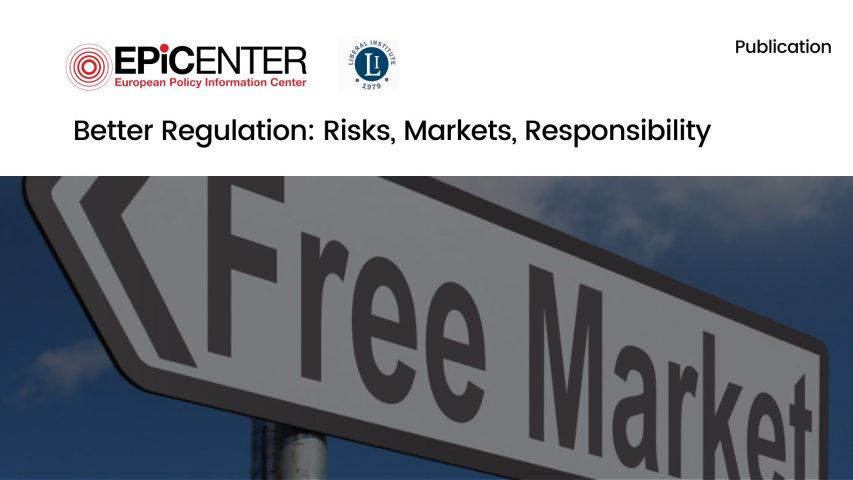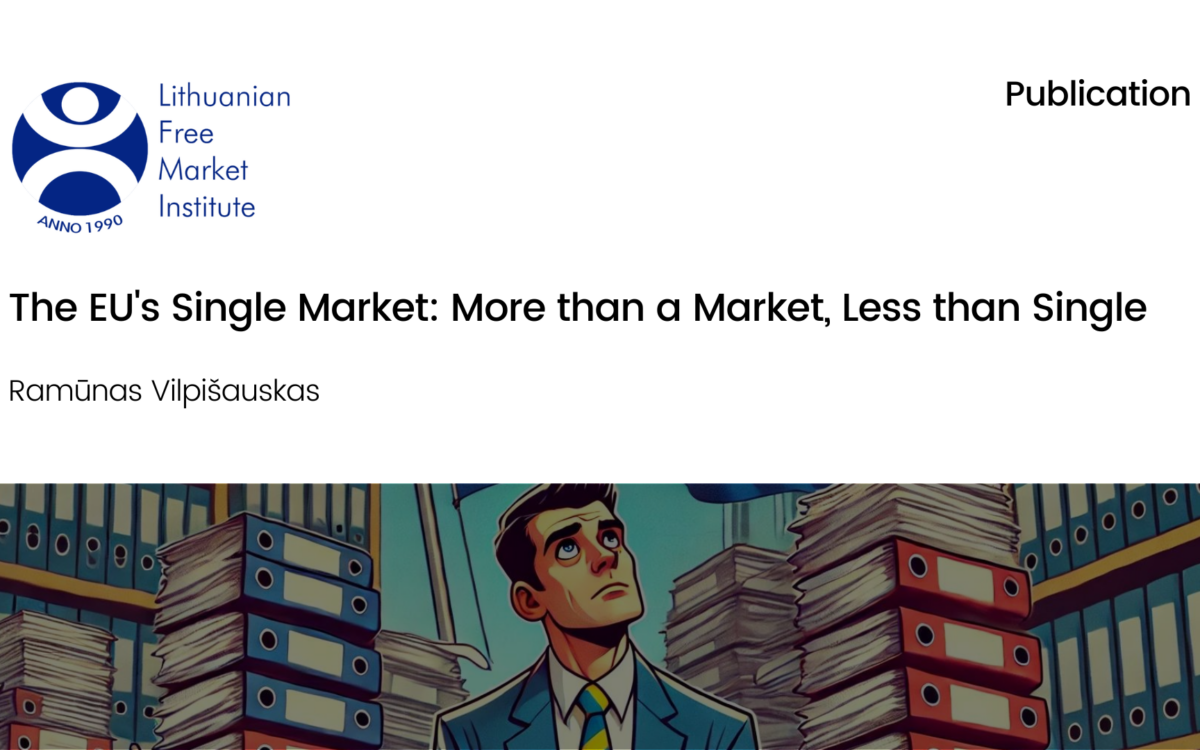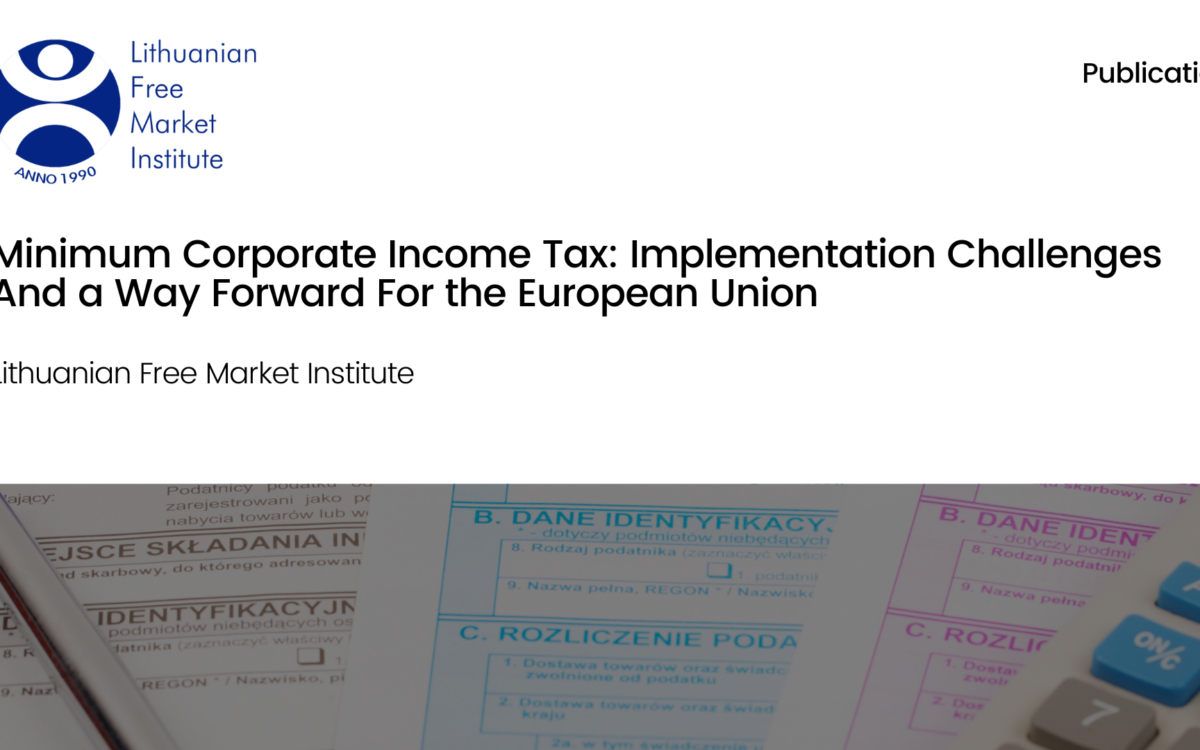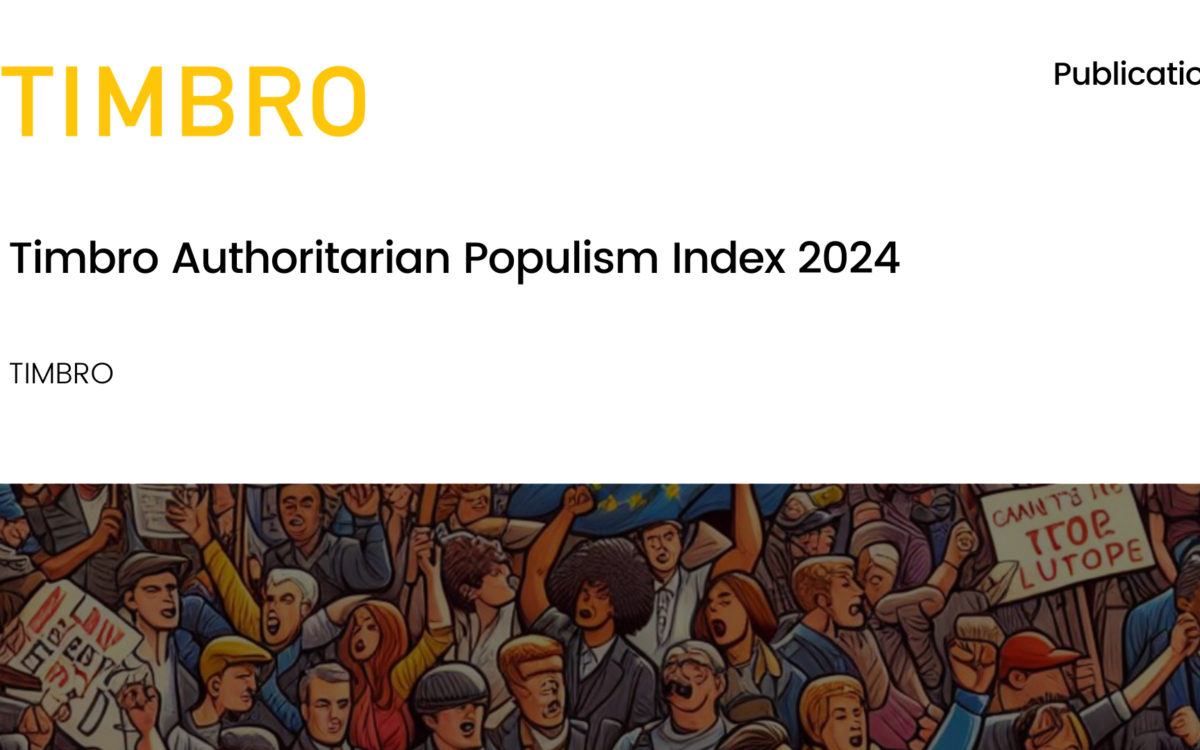Better Regulation: Risks, Markets, Responsibility

Better Regulation: Risks, Markets, Responsibility
26 February 2019
A popular explanation for economic scandals, crises and suboptimal market outcomes is the lack of government regulation. This interpretation is intensively promoted by the promoters of a “bridled” market and by the communication departments of the respective administrations: only the supervision and control of the market economy by the bureaucratic state would ensure the integrity of economic actors. This would even apply to competition, which would allegedly be endangered without a dedicated authority.
Government regulation replaces voluntary incentives with coercion and, as such, illustrates a profound misunderstanding of the nature and functioning of a market economy where integrity and trustworthiness are always rewarded very highly, especially in countries where the degree of economic freedom is highest.
Those who want to prevent the rule of law from overstepping its powers, must therefore demand regulatory restraint: Renouncing to legislate and regulate should often be the priority.
The present volume does not deny that there may also be an administrative ethos and a subsidiary role for universally enforced rules – but the necessary standards are best achieved by more effective means than by clumsy and coercive state institutions that never take responsibility for the consequences of their own policies, and use their inherent ineffectiveness as an excuse for ever-larger budgets and an ever-larger staff.
Download or share this publication
View the PDF
EPICENTER publications and contributions from our member think tanks are designed to promote the discussion of economic issues and the role of markets in solving economic and social problems. As with all EPICENTER publications, the views expressed here are those of the author and not EPICENTER or its member think tanks (which have no corporate view).



